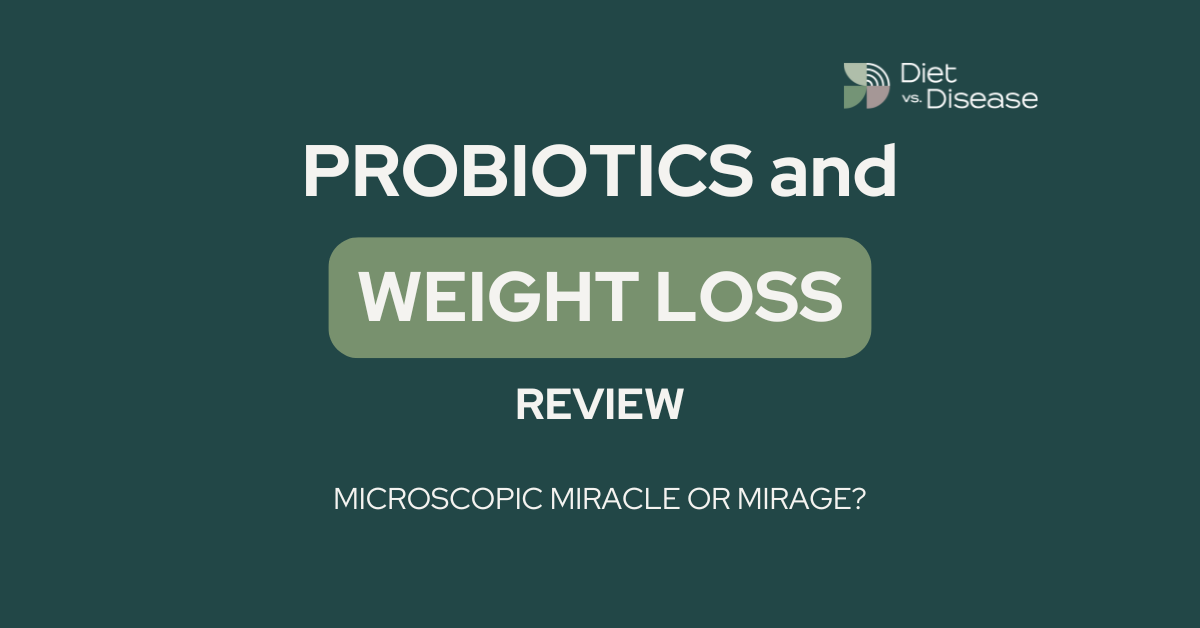How To Deal With Major Depression: Foods and Natural Remedies
Depression is estimated to affect 350 million people worldwide.
Traditionally it’s treated with medication, but new evidence suggests certain foods and nutrients may be highly influential.
This could be revolutionary considering less than half of those affected receive formal medical treatment.
This article looks at what foods and nutrients may help, particularly for dealing with major depression.
[Discover More…]6 Signs and Symptoms of Gluten Intolerance
There is a huge fad component to the gluten-free movement.
However, many people genuinely cannot tolerate it, even if they don’t have celiac disease.
The problem is they don’t realise this, and then live with digestive symptoms as though it’s normal.
This article looks at the most common signs and symptoms of gluten intolerance.
[Discover More…]Science Confirms It: Carbs DON’T Make You Fat
Cutting carbs is the most important change for weight loss.
At least, that’s the idea sold by Gary Taubes, Dr. David Ludwig and other low carb enthusiasts.
They believe carbohydrate drives obesity because it raises the hormone insulin. Insulin is said to block the release of fat and also drive additional fat storage.
[Discover More…]Dietary Treatment of Graves’ Disease: Reviewing The Evidence
Traditional treatment of most autoimmune conditions relies entirely on medication.
Graves’ disease has been no exception to that rule.
But recent research indicates eating patterns can and do influence treatment outcomes.
This article looks at the best dietary treatment for Graves’ disease, as shown by current scientific evidence.
[Discover More…]The Best Diet for PCOS: Splitting Fact From Fiction
PCOS is one of the most common hormonal disorders in the developed world.
In fact, it’s thought to affect almost 7% of pre-menopausal women in the US (1).
But there is surprisingly limited information on how to treat it naturally.
This article explores the best diet for PCOS, as based on scientific evidence.
[Discover More…]7 Weight Loss Tips That DON’T Work If You Have Hypothyroidism
When it comes to weight loss, there’s a mountain of information to absorb.
Most advice comes from national government guidelines, which are designed for the average healthy person.
But what if you’re not the average person?
Generalised health recommendations don’t always apply to those with medical conditions… Especially an underactive thyroid.
This article looks at 7 popular weight loss tips and why they don’t apply to those with hypothyroidism.
[Discover More…]Low-Carb Diet For Diabetes: Should You Try It?
Many diet-related conditions rely on medication.
But the primary treatment for type 2 diabetes is diet and lifestyle change.
There is growing evidence a low-carb diet may be a useful alternative to conventional diet advice. In fact, it may even be better.
This article provides a transparent look at the best evidence available, and whether you should consider it.
[Discover More…]Hashimoto’s Disease: Your Guide For Living With Hypothyroidism
[Last updated 10th April, 2019]
There’s a lot of information online about hypothyroidism and Hashimoto’s disease.
Some of it is accurate and unbiased… but most isn’t.
This guide summarises the best recommendations from both science-based and alternative medicine, all in one place.
[Discover More…]Does Your Gut Bacteria Affect Weight Loss? Simplifying The Science
Researchers have learnt so much about our gut bacteria in the last decade.
The potential effects they have on health is quite extraordinary.
Some suspect they may have a strong influence on metabolic diseases, including obesity.
This article looks at how gut bacteria may affect weight, as well as what you can do about it.
[Discover More…]Probiotics and Weight Loss Review: Microscopic Miracle or Mirage?
We have been raised to think all bacteria is bad.
However, exposure to a diverse bacterial ecosystem can actually be good for you.
Research into our own bacteria – particularly those living in our gut – has found that these microorganisms strongly influence many aspects of our health.
That includes weight loss and obesity management.
Could probiotics revolutionise obesity treatment? Let’s review the research.
[Discover More…]The Best Diet For An Underactive Thyroid: Splitting Fact From Fiction
Our thyroid plays a huge role in metabolism.
Alongside insulin and cortisol, thyroid hormones are a driving factor behind metabolic rate and weight management.
As you would expect, many health problems emerge if our thyroid stops working properly.
Studies show that at the very least 3.7% of American adults have an underactive thyroid, which is likely similar in other developed countries (1).
Rates are on the rise, as are those selling thyroid supplements and giving inaccurate dietary advice.
This article provides an unbiased summary, splitting fact from fiction.
[Discover More…]TSH and So-Called “Normal” TSH Levels: A Non-Sciency Guide
TSH is a hormone that controls thyroid gland activity.
It’s typically used as a marker of thyroid health, but what are normal TSH levels?
This article explores what your levels should be and how it relates to hypothyroidism.
[Discover More…]
















